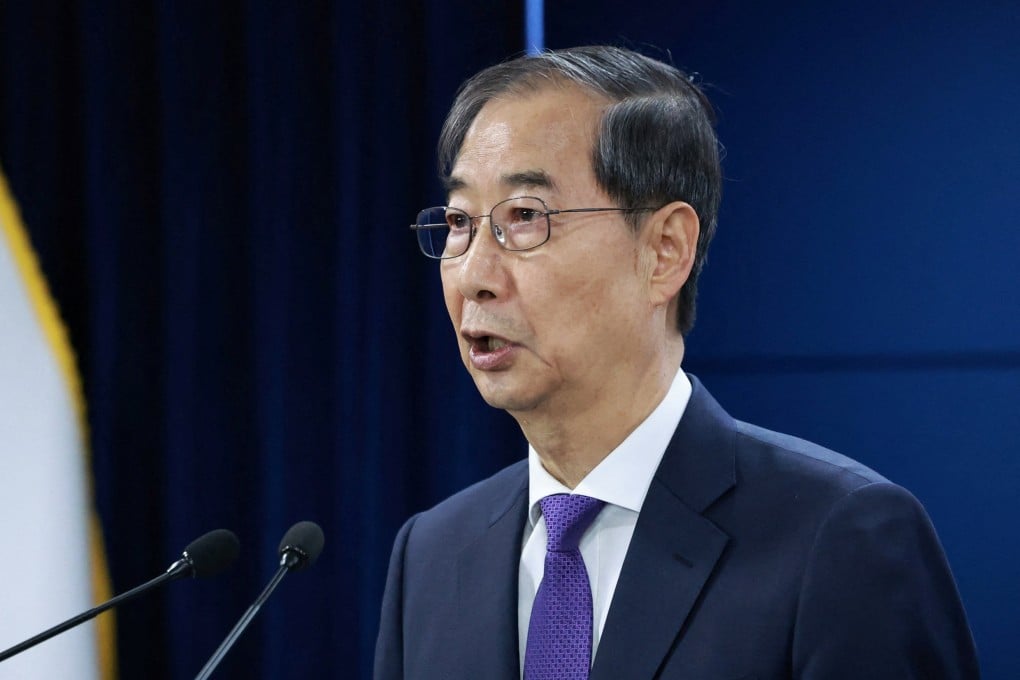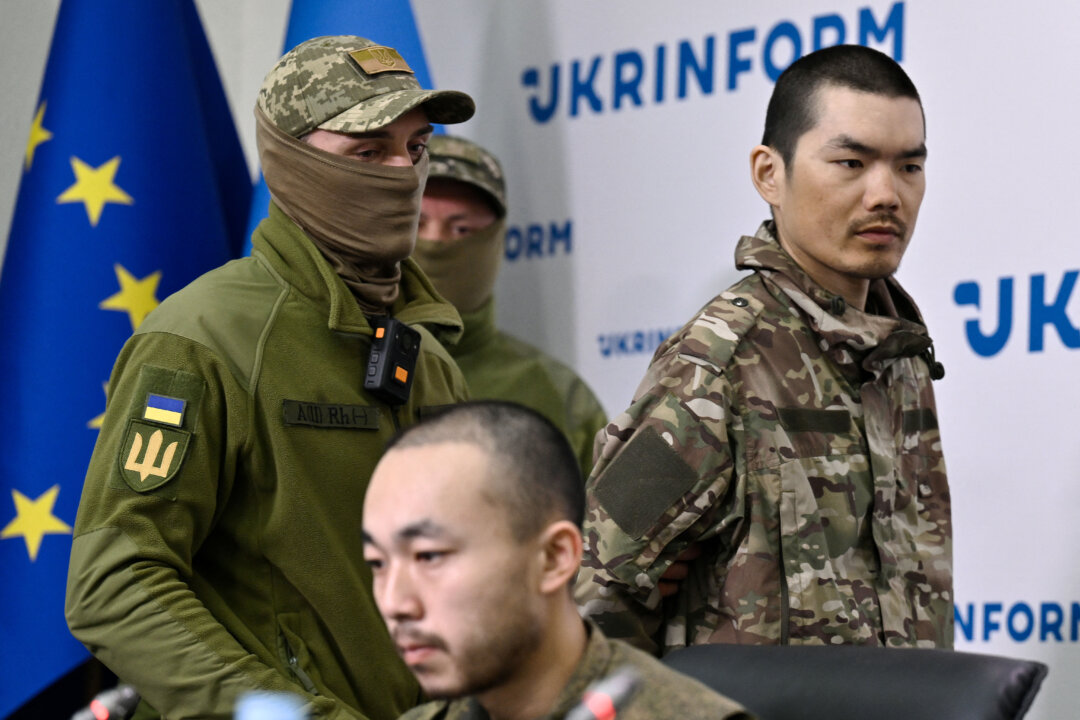The State will further restrict the practice of surrogacy. How? By making it difficult for babies born via this method in another country to be registered as their own children, because the practice is illegal in Spain. Pedro Sánchez's government has finalized a new instruction that will create more bureaucratic obstacles for "intended parents" to prevent them from "circumventing" the law: the new order invalidates foreign certificates, rulings from international judicial authorities, and any other declaration accompanied by medical documentation for registering minors in Spain.
Thus, the Spanish Civil Registry will not accept any of these documents. "Without exceptions," the instruction states. This was announced this Wednesday by Cadena SER and and have confirmed to the ARA government funds.

The instruction was approved on Monday and will come into force on Thursday, when it is published in the (BOE). Surrogacy has been a practice prohibited in Spain since 2006 by the law on assisted human reproduction techniques. In fact, it has been legally considered a form of violence against women, and also against minors since 2022.
Advertising by agencies that act as intermediaries is also prohibited, and the European Union also considers it a crime when it is carried out under duress. Germany, France, Italy, and many other European partners also criminalize the practice. However, this option remains permitted in other countries such as the United States, Mexico, India, and Ukraine, and many Spanish citizens travel there to complete the process, circumventing Spanish law.
Last year alone, up to 154 babies born abroad using this method were registered in Spain using court documents from their countries of origin (where parentage is recognized), according to Spanish government data. From now on, returning to Spain with the baby will not be so easy due to new administrative complications at the Civil Registry. In this way, the State attempts to align itself with the of minors born through surrogacy, even though the practice was endorsed by other foreign courts.
The High Court made it clear that surrogacy was a violation of the rights of women and children and, among other things, stated that surrogacy entails "exploitation of women and harms the best interests of the child." The judges added that the practice violates the moral integrity of both mother and child, who are treated as "things susceptible to commerce" or "simple merchandise" and deprived of human dignity. The child will not be left unprotected.
Typically, families who decide to pay a woman (who normally undergoes a hormonal process and then undergoes pregnancy and childbirth) to carry another person's embryo return to Spain with the baby, the contract, and foreign parentage documents and ask the registry to approve them. It will happen that, following the Supreme Court's doctrine, foreign documents will not be valid and, therefore, applicants will have to travel to Spain with the minor and, once here, they will have to prove their paternity or maternity from scratch, starting the entire process all over again. The text states that the adoption of a paternity certificate (of one of the "intended parents") or beginning an adoptive parentage process (of one or both of the requesting parents) would limit this practice and narrow the legal loophole that still facilitated surrogacy.
.
The State puts more obstacles to surrogacy

The State will further restrict the practice of surrogacy. How? By making it difficult for babies born via this method in another country to be registered as their own children, because the practice is illegal in Spain. Pedro Sánchez's government has finalized a new instruction that will create more bureaucratic obstacles for "intended parents" to prevent them from "circumventing" the law: the new order invalidates foreign certificates, rulings from international judicial authorities, and any other declaration accompanied by medical documentation for registering minors in Spain. Thus, the Spanish Civil Registry will not accept any of these documents. "Without exceptions," the instruction states.















